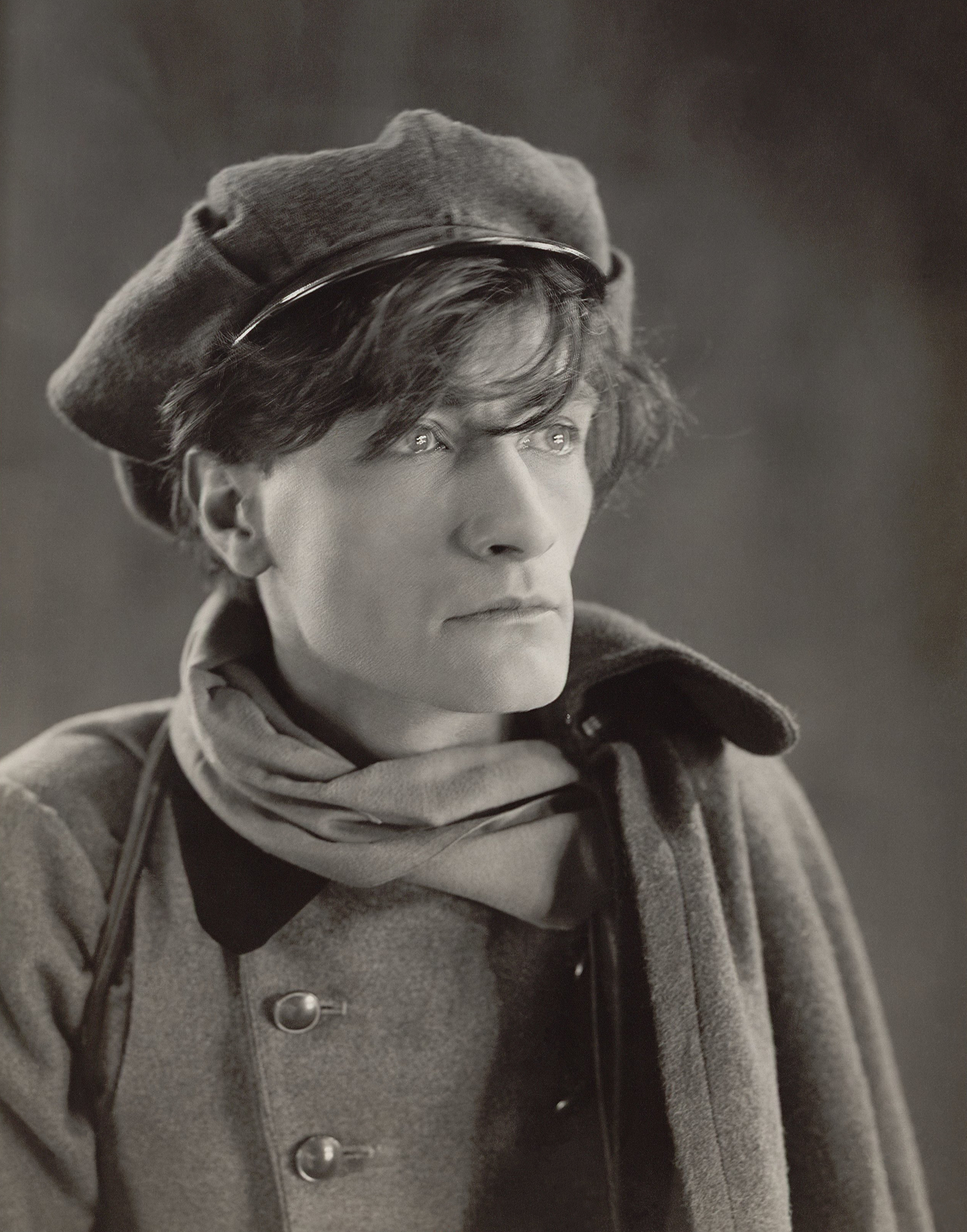“La vida consiste en arder en preguntas.”
Variante: Vivir no es otra cosa que arder en preguntas.
Fuente: El ombligo de los limbos, 1925.[ref. insuficiente]
Antoine Marie Joseph Artaud , comúnmente llamado Antonin Artaud, fue un poeta, dramaturgo, ensayista, novelista, director escénico y actor francés.
Artaud es autor de una vasta obra que explora la mayoría de los géneros literarios, utilizándolos como caminos hacia un arte absoluto y "total". Sus primeros libros de poemas L'ombilic des limbes , de 1925, y Le Pèse-Nerfs anuncian ya el carácter explosivo de su obra posterior.
Es más conocido como el creador del teatro de la crueldad , noción que ha ejercido una gran influencia en la historia del teatro mundial. Trabajó en 22 películas, durante los años 20 y 30, entre las que destacan Napoléon, de Abel Gance, y La pasión de Juana de Arco, de Carl Theodor Dreyer. Por la influencia de su obra y por sus ideas dramáticas, se le ha considerado "el padre del teatro moderno".[1]
Wikipedia

“La vida consiste en arder en preguntas.”
Variante: Vivir no es otra cosa que arder en preguntas.
Fuente: El ombligo de los limbos, 1925.[ref. insuficiente]
“Es grave advertir
que después del orden
de este mundo
hay otro orden.”
Fuente: Para terminar con el juicio de dios 1947.[ref. insuficiente]
Fuente: Carta a los rectores de las universidades europeas. [ref. insuficiente]
L'Ombilic des Limbes suivi de Le Pèse-nerfs et autres textes
“Todo debe colocarse
en un orden casi fulminante.”
Fuente: Para terminar con el juicio de dios, 1947. [ref. insuficiente]
General Security: The Liquidation of Opium (1925)
“I cannot conceive any work of art as having a separate existence from life itself”
Fuente: The Theater and Its Double
Suicidez-vous, désespérés, et vous, torturés du corps et de l'âme, perdez tout espoir. Il n'y a plus pour vous de soulagement en ce monde. Le monde vit de vos charniers.
General Security: The Liquidation of Opium (1925)
General Security: The Liquidation of Opium (1925)
Appeal to Youth: Intoxication-Disintoxication (1934).
Letter to the Chancellors of the European Universities. Collected Works, vol. 1, pt. 2 (1956, trans. 1968).
Preface: The Theater and Culture
The Theatre and Its Double (1938, translated 1958)
Letter to André Gide (February 10, 1935).
“Tragedy on the stage is no longer enough for me, I shall bring it into my own life.”
Quoted in the memoirs of Jean-Louis Barrault, The Grenier des Grands-Augustins, pt. 2, Memories for Tomorrow (1972, trans. 1974).
Van Gogh, the Man Suicided by Society (1947)
Van Gogh, the Man Suicided by Society (1947)
Fuente: The Theater and Its Double
“I call for actors burning at the stakes, laughing at the flames.”
Fuente: The Theater and Its Double
Fuente: The Theater and Its Double
Van Gogh, the Man Suicided by Society (1947)
Contexto: And what is an authentic madman? It is a man who preferred to become mad, in the socially accepted sense of the word, rather than forfeit a certain superior idea of human honor. So society has strangled in its asylums all those it wanted to get rid of or protect itself from, because they refused to become its accomplices in certain great nastinesses. For a madman is also a man whom society did not want to hear and whom it wanted to prevent from uttering certain intolerable truths.
General Security: The Liquidation of Opium (1925)
Van Gogh, the Man Suicided by Society (1947)